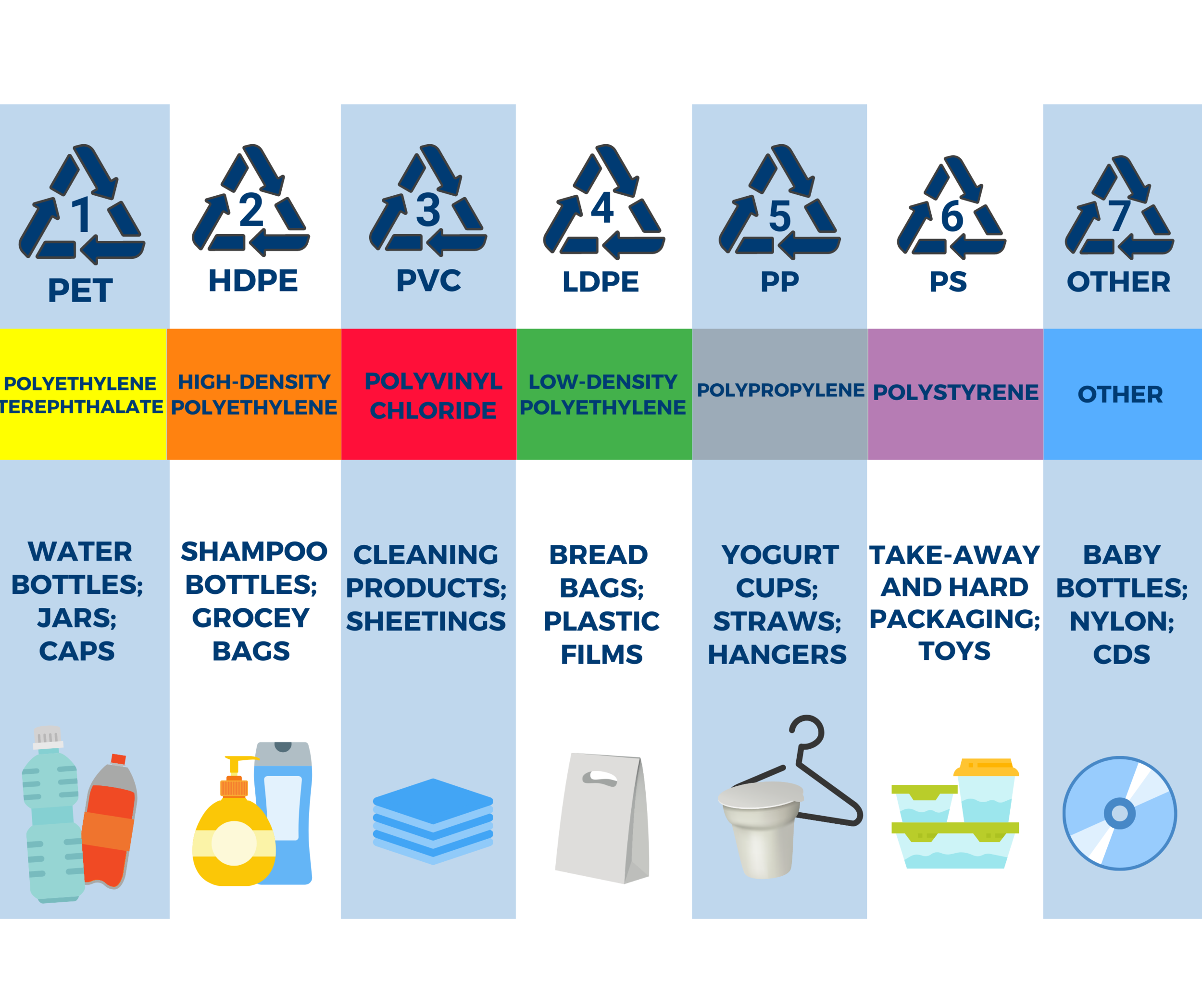Plastic Circular Economy – Pre Interstellar
Light weight, chemically stable, water resistance, good insulation and impact resistance are some of the remarkable characteristics that Alexander Parkes introduced the world to when he invented the first ever man-made plastic in 1862. Little did he know that the new polymer he introduced, with the aim of achieving waterproofing, would end up creating havoc for our planet on land, sea and air with the way it was handled by us humans.
The overconsumption of plastic is a menace
The adoption of plastic rose when the plastic production in the 1990s was equivalent to all plastic produced in the last 40 years. Today, we churn out more than 300 million tonnes of plastic waste every year and have produced nearly 8.3 billion tonnes of plastic since the 1950s.
In 1988, a classification system was established by the Society of the Plastics Industry (SPI), to help people recycle and dispose of their plastics. These SPI codes are also useful for recyclers to identify the type of plastic and turn them into items that we could never imagine were made from plastic. For example, plastic bottles and caps can be turned into t-shirts, car batteries, sweaters, brooms, yarn and guess what, more bottles.

What are global organisations doing to deal with plastic waste?
Plastics are made from the non-renewable raw materials like natural gas and oil, taking upto 10% share from fossil fuels extracted per year. And with the growing demand, the plastic production is estimated to quadruple by 2050. These statistics have been taken into notice and across the world there are different drives to combat dangerous human interference with the climate system, led by United Nations Framework Convention on Climate Change (UNFCCC), United Nations Environment Assembly (UNEA) and G7 meetings, such as:
- Plastic segregation and recycling
- Waste collection via Municipalities and NGOs
- Chemical decomposition
- Alternate, biodegradable and reusable packaging material
Diving deeper into the introduction of new technologies, segregation of plastic material through AI and Robotics based on their type not only increases efficiency but also avoids use of human labour in hazardous environments. Research is also being done on using more and more Biofuel made by using plastic waste as its raw material. Now all these advancements we mentioned lead to a new concept called, ‘Plastic Circular Economy’.
Plastic Circular Economy can be a reality through collaborative efforts
This concept of Plastic Circular Economy has been floating for many years but more clarity has been achieved in this only recently. Plastic circular economy signifies reduction in new polymer production for single use and finding ways to recycle and reuse plastic. This concept can be explained by 10 simple calls-to-action that can help accelerate the transition when plastic is no more a problem for the planet.
- Identifying which plastics can be eliminated and preparing a phase out plan from the market
- Product designs oriented towards reusing and recycling shall be supported and incentivized
- Clean-up drives and safety awareness of plastic dumping
- Stimulate plastic reuse in consumer’s minds
- Professional guidance and support for environment-focussed business models
- Enhance plastic collection system
- Plastic sorting and recycling setups as per trade regulations
- More R&D in recycled plastic market for competitiveness
- Promoting Circular economy in terms of livelihood and job opportunities
- Investigating and tracking carbon footprint of all the concerned industries
The onus is one us to promote the new initiatives by Fortune 500, NGOs and clean-tech based start-ups that are daring to come to the market not only to do good business but to take on the environmental problems head on.
Let us take action before we reach the stage of ‘Interstellar’ and start hoping Elon Musk makes his trip to Mars and beyond, sooner to save humankind!
Author Bio: Abhijeet Parmar
Having worked for a couple of racing teams before, which aimed at developing the most efficient race cars for Formula Student events, Abhijeet Parmar, Founder of Senergy Pallet Pvt. Ltd., is working towards introducing Eco-friendly Logistics Pallets in Asia-Pacific Region. He wants to bring the focus on clean-tech startups originating out of India as he feels that we not only have a huge talent pool in our country but this is also the need of the hour.’


